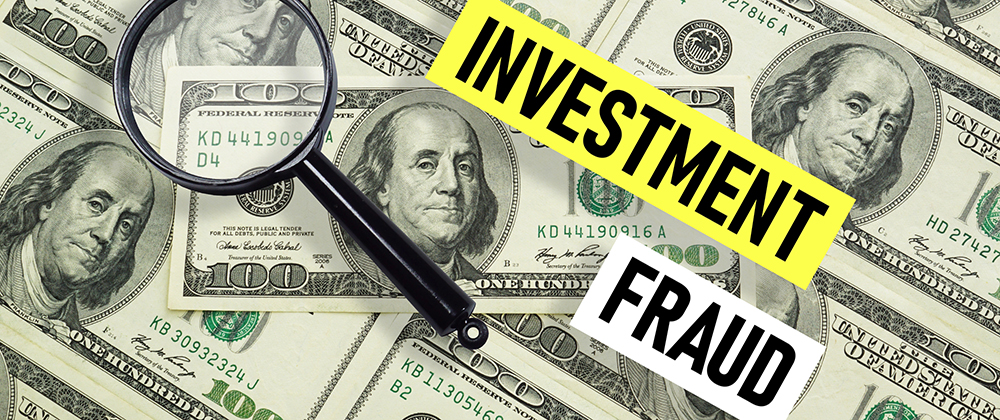It seems like just another day, until you find an unexpected surprise in the mail – a subpoena from the United States Securities and Exchange Commission (SEC). Is this a joke? Mistaken identity? No joke, no mistake – you have received a bona fide, legally enforceable investigative SEC subpoena that calls for you to produce certain specified records and to appear for testify in the SEC’s offices on a particular date and time. What do you do now?
First, understand that you must timely comply with the SEC subpoena. While the subpoena may call for either the production of documents, or compel your appearance to testify, or both, you need to deal with it. Ignoring a SEC subpoena is the best way to ensure that you find yourself in court in a subpoena enforcement action, needlessly alienating the SEC and raising the stakes in what is already a high-risk process.
Second, in the case of a subpoena document request, you are obligated to complete a diligent search to gather for production to the SEC non-privileged, responsive records in your possession, custody or control. It is essential in this process to have a skilled and experience securities defense lawyer guide you to ensure that a thorough and complete search has been made, and to review the documents to be produced to ensure that all applicable privileges are preserved and non-responsive documents are not inadvertently produced. Through this process, legal counsel can gain a critical understanding of not only what the focus of the SEC investigation may be, but also what your potential liability, if any, is.
Third, in the event your testimony is required by subpoena, it is imperative that you be thoroughly prepared. Testimony before the SEC is one of the most, if not the most, critical events during the SEC investigative process. At its core, SEC testimony is in many respects like a deposition, you are placed under oath and are required to answer questions truthfully, but in some respects it is quite different – there are no formal objections, no right to possess the SEC’s documentary exhibits and no absolute right to obtain and/or review a copy of the transcript. SEC testimony is an extremely important event that is often the deciding factor in whether you are charged with a securities law violation. The SEC lawyers taking your testimony will not only evaluate the substantive answers to the questions presented to you, but will also assess your credibility, or their perceived lack thereof, in making charging decisions. Thus, if you proceed to testify (and not invoke your constitutional right to remain silent) it is absolutely essential that you are thoroughly prepared on the substance of the subject matter of the investigation, as well as the testimony process, before stepping foot in the SEC’s offices. An experienced SEC lawyer can prepare you for this very important process. The belief that you “have nothing to hide” and that you will simply go alone, without legal counsel, into the SEC and “tell them what happened” is na?ve and, frankly, dangerous. Telling the truth can, in certain circumstance, incriminate you as you may simply not understand that your conduct violated the federal securities laws or, potentially, other criminal laws.
Fourth, during the investigative stage it is important that you stop talking, particularly to those involved. This is critically important as the SEC will routinely ask a witness in testimony about all conversations they had about the investigation, particularly with those that are the subject of the investigation. Generally speaking, no good can come from such conversations, and quite often such conversations tend only to make the situation worst. In some rare instances, these discussions, although seemingly innocent, can lead to obstruction of justice or witness tampering charges. Bottom line: talk only with your legal counsel as those conversations are legally protected by the attorney-client privilege.
Fifth, preserve all documents. Once you are in receipt of an SEC subpoena, you should not tamper with, alter or dispose of any documents, including electronically stored records, particularly including e-mails. Such documents may be responsive to the subpoena and will be required to be produced to the SEC. Destroying or disposing of documents may constitute obstruction of justice and can carry criminal sanctions. The SEC routinely asks detailed questions about record retention and record destruction in the normal course of their testimony sessions. Preserve documents so that you do not compound what may already be a serious problem.
While there are additional considerations that come into play in successfully defending an SEC investigation, they are beyond the basics outlined here.
In conclusion, there can be no doubt that receiving an SEC subpoena, often out of the blue, is a traumatic and unnerving experience. However, you should not go at it alone — the stakes can be too high if not handled in the right, strategic way. Trying to play lawyer for the first time, particularly when you are the client, is a recipe for disaster. I have seen that too many times, often when it is simply too late for me to undo the damage. So, if you do receive a SEC subpoena, do not panic, take a deep breath and immediately reach out to SEC defense counsel who will protect your interests, guide you through the process and take all necessary steps to ensure that you are not charged.



